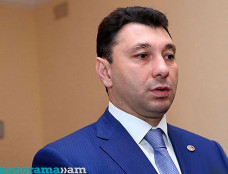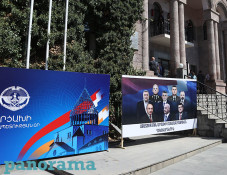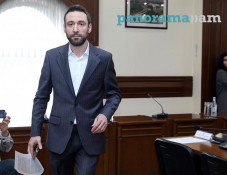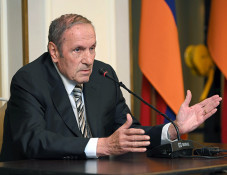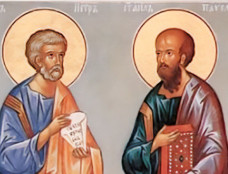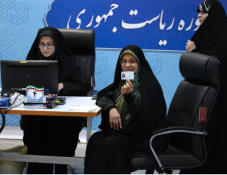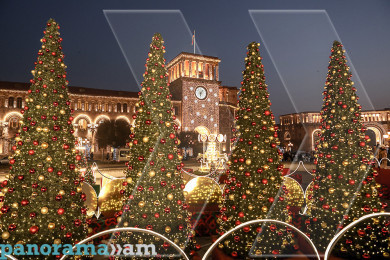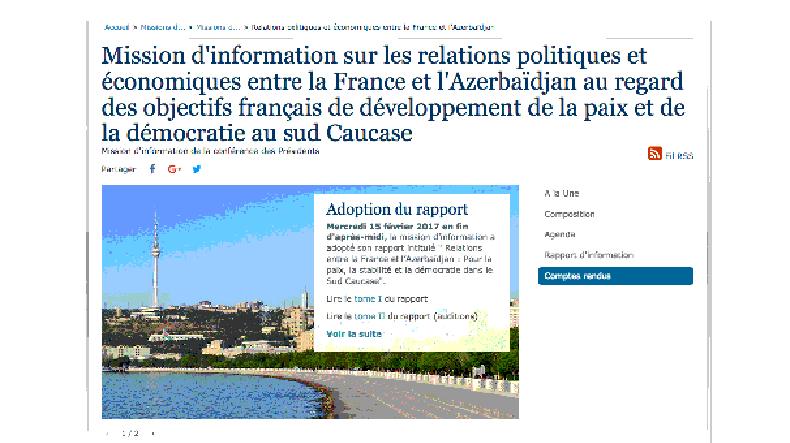
Report on deterioration of human rights situation in Azerbaijan and Baku’s dangerous policy against Artsakh presented in France
The report of the information mission on political and economic ties between France and Azerbaijan was published on February 15 in the framework of establishing peace and democracy in the South Caucasus. The report presents the work of the information mission led by French MP François Rochebloine and was handed to the president of the National Assembly of France, Claude Bartolone, on March 2.
The current work shows the deterioration of the political and civil freedoms in Azerbaijan as a result of the politics carried out by the authorities of the country.
First and foremost, taking into account the conclusions of the Venice Commission, the information mission noted that the Constitutional referendum held in Azerbaijan on September 26, 2016, limits the rights of the opposition and expands presidential powers. Constitutional “amendments” do not correspond to democratic norms.
The authors of the report highlight that “since 2003, conditions for elections have worsened in Azerbaijan.” Besides, the political opposition, which operated in already difficult conditions, has faced new obstacles in the recent years.
In this regard, UN Special rapporteur on the situation of human rights defenders Michel Forst highlighted that “in the recent two-three years, the civil society in Azerbaijan has faced the worst conditions ever observed in the country.” It is noted that the increasing pressure on the civil society limits significantly civil rights and freedoms. Therefore, according to Forst, NGOs, media, and human rights defenders face restrictions of freedom in Azerbaijan.
As for the freedom of speech, the authors of the report stand in solidarity with “Reporters Without Borders,” according to which, Azerbaijan is in the 163rd place out of 180 countries in the organization’s index on the freedom of speech and carries out a harsh politics against opposition and independent media outlets, which became more obvious after the 2013 presidential elections. The mission condemns violence against journalists, as a result of which the number of political prisoners and “prisoners of conscience” has increased in the country.
It is also emphasized that Azerbaijan’s judicial authorities attempt to silence public opinion in any way. Human rights defenders face detention and arrest, and those measures remain unpunished. As a result of repressions, many human rights defenders began to have serious health problems. Based on the studies of various NGOs, it turned out that arrests are used to silence dissent in Azerbaijan.
According to one of the French MPs of the European Council, “if Azerbaijan appeals to the European Council again, the application for membership will not be accepted, as the human rights situation in that country has significantly worsened.”
The report also covers the economic situation in Azerbaijan and cites the Trade Secretary in the French Ministry of Foreign Affairs and International Development, Matthias Fekl.
According to Fekl, the so-called “authoritarian liberalism” appears in different countries of the world. As for the alleged economic opportunities, Fekl highlights that the high level of corruption in Azerbaijan creates difficulties in the work of French companies in the Azerbaijani market. That is why, the Azerbaijani market is not available for the French business companies.
The Hay Dat Commission calls on the French parliament to draw certain conclusions from the report.
First, the Hay Dat Commission thinks that the French authorities should not collaborate with a country, which is too far from European standards. It is highlighted in the report that the French credit insurer Coface provides grants in the size of 862 million euros to companies that wish to establish a subsidiary in Azerbaijan.
The authors of the report think that it is unforgivable to create conditions for contributing to the economic politics of an authoritarian and corrupt country. Besides, they criticize the granting of a credit in the size of 112,5 million euros by French Development Agency to improve agriculture in Azerbaijan. Therefore, the authors of the report call on the French government to stop the cooperation with a corrupt country.
It is noted in the report that Hay Dat expresses its concern over the sale of satellites used for defensive purposes. It is highlighted that the sale of such an equipment does not correspond to France’s role, as an OSCE Minsk Group co-chair, in the framework of which the country’s main role is to preserve peace. The Hay Dat Commission requires freezing the cooperation with Azerbaijan until the country’s authorities do not use those satellites against the population of the Republic of Artsakh.
Hay Dat calls on the French authorities to be more demanding to the Azerbaijani side in the Karabakh conflict, as anti-Armenian rhetoric is widespread in that country. Constant ceasefire violations, as well as military aggression initiated by Azerbaijan in April 2016 are the result of the anti-Armenian propaganda and huge financial investments in the military sector.
The Hay Dat Commission also expresses its gratitude to the Union of Democrats and Independents, which has properly informed about human rights situation in Azerbaijan. It is highlighted that the head of Azerbaijan-France inter-parliamentary friendship group, Michel Voisin, and the president of the Association of Friends of Azerbaijan in France, Jean-Francois Mancel, voted against the report of the mission demonstrating their biased position on the situation in Azerbaijan.
Based on the current report, the Hay Dat Commission plans to organize a meeting with non-governmental organizations of France and initiate a discussion about the situation in the South Caucasus, as well as Azerbaijan’s dangerous politics against Artsakh.
Newsfeed
Videos








